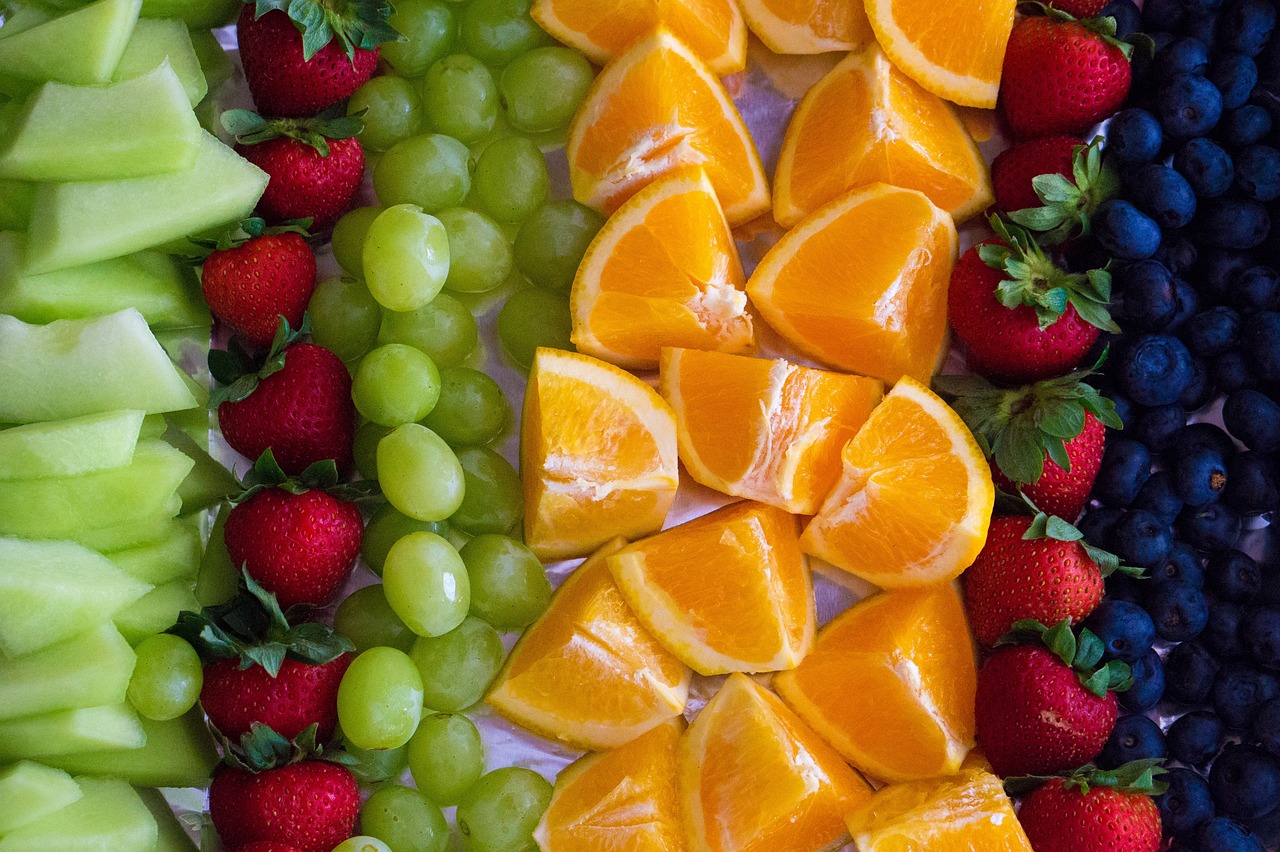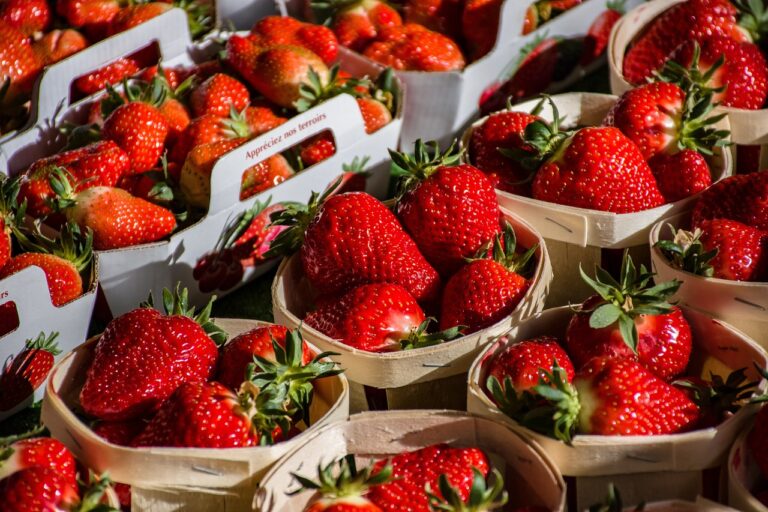Advances in Beverage Production Automation
world777 login, 11xplay online, betbook247:Introduction
Automation has revolutionized the beverage production industry, allowing for increased efficiency, consistency, and quality in the manufacturing process. With advancements in technology, beverage producers can now automate various stages of production, from ingredient handling to packaging. This article will explore the latest trends in beverage production automation and how they are reshaping the industry.
Key Benefits of Beverage Production Automation
1. Increased Efficiency: Automation reduces the need for manual labor, allowing beverage producers to streamline their production processes and optimize their resources.
2. Improved Product Quality: Automation ensures that each batch of beverages is produced with precision and consistency, resulting in high-quality products that meet consumer expectations.
3. Cost Savings: By automating repetitive tasks, beverage producers can reduce labor costs and minimize errors, ultimately improving their bottom line.
4. Scalability: Automation allows beverage producers to scale their production efforts quickly and efficiently to meet growing demand.
5. Enhanced Safety: Automation can minimize the risk of accidents and injuries in the production environment, creating a safer workplace for employees.
6. Real-time Data Monitoring: Automated systems can provide real-time data on production metrics, allowing beverage producers to make informed decisions and optimize their processes for better results.
Technological Advancements in Beverage Production Automation
1. Robotics: Robotics are increasingly being used in beverage production facilities to perform tasks such as sorting, packaging, and palletizing. These robots can work alongside human employees to increase efficiency and productivity.
2. IoT (Internet of Things): IoT technology is being used to connect various machines and devices in the production process, allowing for seamless communication and data transfer. This enables beverage producers to monitor and control their production lines remotely.
3. Artificial Intelligence: AI-powered systems can analyze large amounts of data to optimize production processes, predict equipment maintenance needs, and improve overall efficiency.
4. Machine Learning: Machine learning algorithms can be used to detect patterns in production data, identify areas for improvement, and make real-time adjustments to optimize production outcomes.
5. Cloud Computing: Cloud-based systems allow beverage producers to access production data from anywhere, enabling them to monitor and manage their operations remotely.
6. Automated Quality Control: Automated systems can inspect and test beverages for quality control purposes, ensuring that only products that meet predefined standards are released to the market.
Challenges of Beverage Production Automation
1. Initial Investment: Implementing automation in beverage production requires a significant upfront investment in technology, equipment, and training.
2. Workforce Resistance: Some employees may be resistant to automation due to fears of job loss or changes in their roles. Beverage producers must ensure that employees are trained and supported throughout the automation process.
3. Maintenance and Upkeep: Automated systems require regular maintenance and updates to ensure smooth operation, which can add to the overall cost of production.
4. Integration Issues: Integrating new automation technologies with existing systems can be a complex process that requires careful planning and execution.
5. Cybersecurity Risks: With increasing connectivity in beverage production facilities, cybersecurity threats are a growing concern. Beverage producers must implement robust security measures to protect their automation systems from potential attacks.
6. Regulatory Compliance: Beverage producers must ensure that their automated systems comply with industry regulations and standards to maintain product safety and quality.
Future Trends in Beverage Production Automation
1. Sustainability: Automation can help beverage producers reduce waste, conserve energy, and minimize their environmental impact, aligning with the growing trend towards sustainability in the industry.
2. Personalization: Automation technologies can be used to customize beverage products to meet individual consumer preferences, creating unique and tailored offerings in the market.
3. Virtual Reality: Virtual reality simulations can be used for training purposes, allowing employees to practice operating automated systems in a safe and controlled environment.
4. 3D Printing: 3D printing technology can be used to create customized packaging solutions for beverage products, enhancing branding and product differentiation.
5. Predictive Maintenance: Machine learning algorithms can be used to predict equipment failures before they occur, allowing beverage producers to schedule maintenance proactively and minimize downtime.
6. Autonomous Vehicles: Autonomous vehicles can be used to transport raw materials and finished products within beverage production facilities, reducing the need for manual handling and improving efficiency.
FAQs
Q: How does automation impact product quality in beverage production?
A: Automation ensures consistency and precision in the production process, resulting in high-quality products that meet consumer expectations.
Q: What are the key benefits of integrating IoT in beverage production automation?
A: IoT technology enables seamless communication and data transfer between machines, allowing beverage producers to monitor and control their production lines remotely for improved efficiency.
Q: What role does artificial intelligence play in beverage production automation?
A: AI-powered systems analyze data to optimize production processes, predict maintenance needs, and improve overall efficiency in beverage production facilities.
Q: How can beverage producers address cybersecurity risks in automated production environments?
A: Beverage producers can implement robust cybersecurity measures to protect their automated systems from potential attacks and ensure the security of production data.
Q: What are the future trends in beverage production automation?
A: Future trends include a focus on sustainability, personalization, virtual reality training, 3D printing for packaging solutions, predictive maintenance, and the use of autonomous vehicles within production facilities.
Conclusion
Automation in beverage production is transforming the industry, offering beverage producers a range of benefits, from increased efficiency to improved product quality. By embracing technological advancements and overcoming challenges, beverage producers can stay competitive and meet the evolving demands of consumers in the market. As the beverage production landscape continues to evolve, automation will play a crucial role in shaping the future of the industry.







